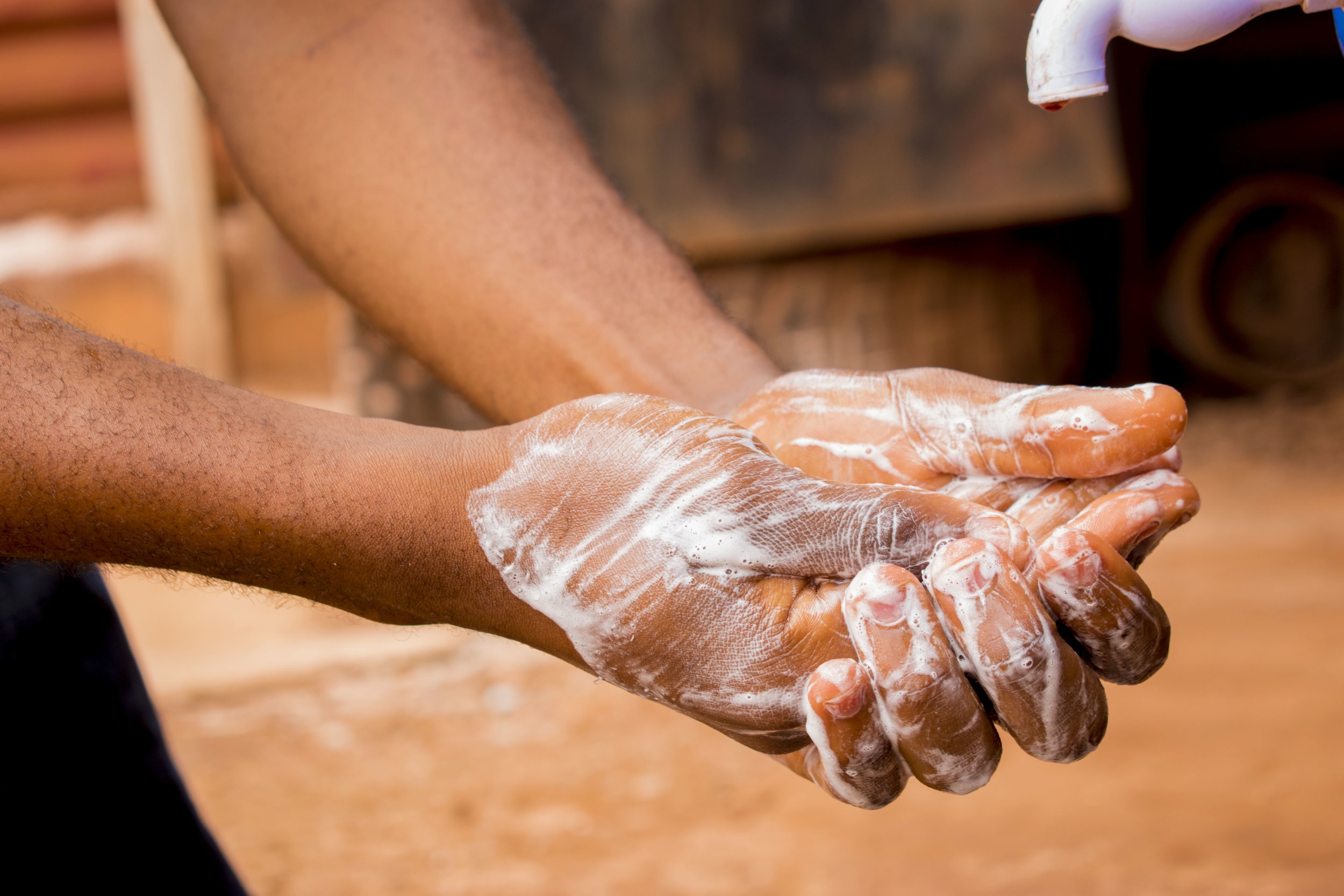Special Olympics Promotes Hand Washing for All
Introduction from HELEN Journal
Personal hygiene begins and ends with our hands. And though we are taught as youngsters to wash our hands before dinner, it’s important to remember that germs don’t care what time of day it is. Clean hands prevent sickness. So it is especially important to learn the basics about hand hygiene so that you, too, can become a champion hand washer! Let’s examine some handy tips and info in honor of National Handwashing Awareness Week, which takes place each year during the first full week of December. Our friends at Special Olympics wanted to share this information about Hand Washing.
The world changed in 2020. Isolation, fear, overloaded health systems, and food insecurity plagued the world through the COVID-19 pandemic. The pandemic made things especially difficult for people with intellectual disabilities (ID). Significant health disparities have been further exacerbated for those with ID. SPECIAL OLYMPICS HEALTH has been working hard to address these disparities.
“There are a number of barriers that prevent people with ID from accessing water and sanitation (WASH) resources. They include stigma, discrimination and physical access. Other barriers include poor access to appropriate health and WASH education. ”
There are a number of barriers that prevent people with ID from accessing water and sanitation (WASH) resources. They include stigma, discrimination and physical access. Other barriers include poor access to appropriate health and WASH education. Very rarely is disability factored into WASH infrastructure designs. And when disability is considered, adaptations tend to primarily focus on the needs of people with mobility issues. Planning does not often consider the needs of people with ID. There is a need to tailor health literacy and education programs for people with ID. This group has one of the lowest rates of access to education in the world. As a result, people with ID may not receive critical education and resources. Education on the need to practice good hygiene needs to be understood by all, regardless of literacy levels.
Special Olympics is reaching people with ID and their families around the world with hand hygiene health. Innovative and virtual approaches to providing hand hygiene education have ramped up across Special Olympics Programs around the world since the pandemic began. In Japan, Special Olympics held an online fitness program, which included hand washing education. In Nicaragua, home visits were conducted in Sebaco, Managua, Carazo and León. Families were trained on hygiene measures to be implemented in their homes and communities. In Lebanon, Special Olympics worked with Ministry of Health to distribute publications which included information about handwashing.
In Kentucky, USA, Special Olympics athlete and Health Messenger, Tyler Griswold, has been leading virtual hand washing tutorials using the U.S. Centers for Disease Control and Prevention guidelines. In Texas, a physician from Baylor College of Medicine held a virtual COVID Q&A session for Special Olympics athletes, which covered handwashing. In Nigeria, text messaging has been used to reach Special Olympics athletes and families with important messages on how to protect their families. From these messages, Deborah Maiyak said “I taught my son Muisab Maiyaki to wash his hands or use hand sanitizer if we need to go outside and he has been very diligent in this hygienic practice and habit. Thank you Special Olympics Nigeria for remembering us at this crucial time.”
Special Olympics believes in #handhygieneforall! Please join us in spreading this message and joining this effort!


